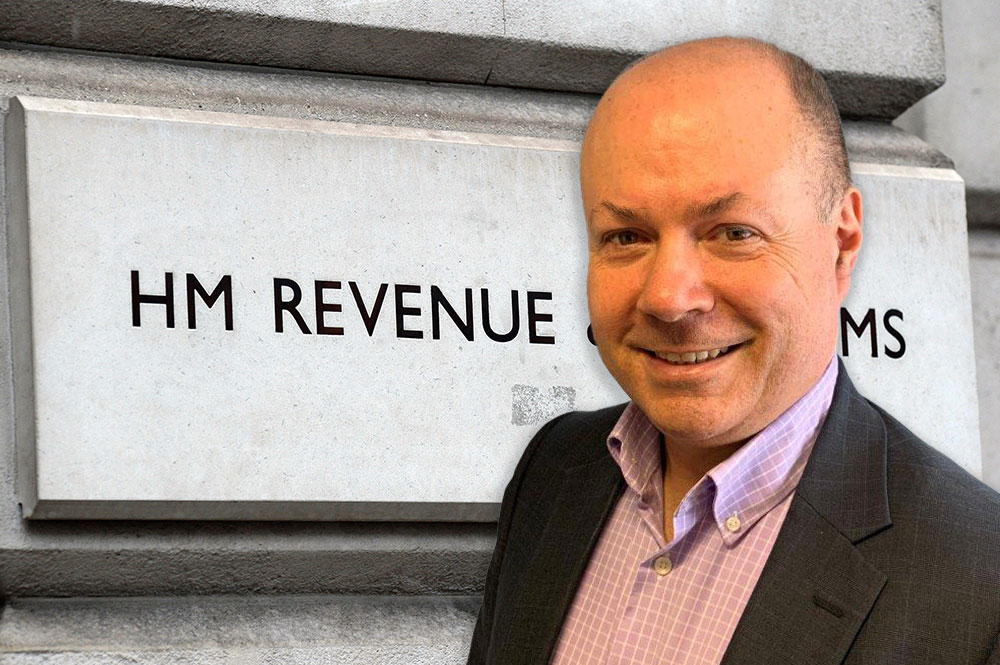
Ask the expert
Stephen Smith is the YorkMix finance and tax expert. He runs TaxAssist York, and is here to help you with all your money concerns
Don’t miss the tax deadline
The tax return deadline of 31 January is looming. By delaying the inevitable, you risk missing this deadline and face being hit with a £100 filing penalty.
If your tax return is more than three months late, you will be fined £10 per day until you hit a maximum penalty of £900. Further penalties are incurred if the return is filed more than six months late.
When submitting your return make sure you are claiming all available expenses to ensure you are paying the least amount of tax possible.
Allowable expenses must be related specifically to the running of your business. These include
- office costs
- rent
- travel
- staff expenses
- protective clothing
- items you buy to sell on
- finance costs
- advertising
- capital allowances for big purchases such as vehicles or equipment,
- training courses
- accountancy
- and professional fees.
Also, if you work from home you may be able to claim a proportion of your costs for items like heating, electricity, council tax, mortgage interest or rent, internet and telephone use.
Paying via your tax code (PAYE)
If your tax owed is less than £3,000 and you already pay tax through PAYE (you’re an employee or you receive a company pension) you may be able to pay this through your 2021-22 tax code.
To take advantage of this, you will need to check your eligibility and submit your tax return by 30th December 2020.
Is your business ready for Brexit?
From January 1, you will need to make customs declarations when you import or export goods from or to the EU in the same way for countries outside the EU. If you get it wrong, you could be fined or risk imprisonment.
Businesses trading with EU firms must have a UK EORI number which is a unique reference number for all customs declarations.
If you don’t have one yet, you can apply at gov.uk. If you need to make customs declarations in the EU, you will also need to apply for an EU EORI number in the relevant EU country.
In addition, you will need to allocate products using the correct commodity code which will determine duty rates, quotas and licencing requirements.
If you need help and support on maximising your expenses, applying for your tax to be paid via PAYE or need additional information on how to cope with Brexit, please contact our office.
Contact Stephen
TaxAssist Accountants York
63-65 Heworth Road, Heworth, York, YO31 0AA
01904 414411
Your questions to Stephen
We’ve had a number questions sent in and Stephen has covered a couple of the key ones below.
Do you have a question for Stephen? Drop it in the comments below, or email it to [email protected].
I’m self-employed and my next instalment of tax is due on 31 January. But this year has depleted my savings, and I want to challenge the amount owed. Is there anything I can do?
If you believe your income for the next tax year will be lower than the previous year, you can apply to have your payment on account reduced.
You can reduce payments on account by logging into your online HMRC account and clicking ‘Reduce payments on account’ or you can send form SA303 to HMRC.
You should think carefully about this – if it turns out you’ve underpaid; you’ll have to pay interest on the outstanding amount.
I am employed full-time in hospitality and I’ve been furloughed for several months this year. Does that mean my national insurance contributions have been reduced to 80% too – and will this affect my pension?
Under furlough rules, your employer will still have had to pay national insurance contributions on your behalf for the hours worked and furlough pay if your combined pay is over £183 per week, or £793 per month.
However, if your employer has decided not to top up your pay to the full amount, then they are not obliged to pay national insurance contributions on this amount.
Nevertheless, as long as your combined pay is over £120 per week or £520 per month, you will be treated as if your contributions have been paid and this will not affect your state pension. If your pay is below this, you may be able to voluntarily contribute Class 3 National Insurance so that you do not miss any qualifying years via gov.uk.
Stephen Smith FCCA is Managing Director of TaxAssist Accountants York
